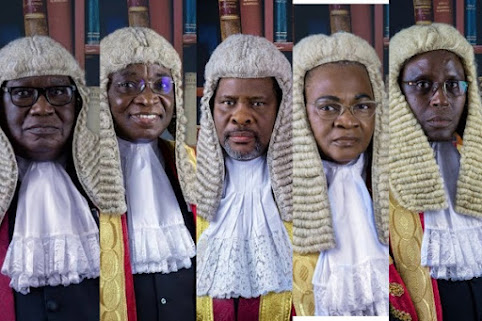By Emmanuel Aziken
Just a week ago, President Bola Tinubu was hailed and nailed on this page over his score in his first two years in office as assessed by the 2023 Social Democratic Party, SDP, presidential candidate, Adewole Adebayo.
Adebayo had
in his assessment of the two years spent by Tinubu in power scored him an F9 in
governance and an A1 in politics.
The reasons for the scores were robustly marshaled. On one side he was ‘hailed’ for becoming the first chief executive in the country to reduce the totality of the opposition into insignificance. On the other hand, he was scorched for the foibles that have forced Nigerians into their worst living condition in generations.




















